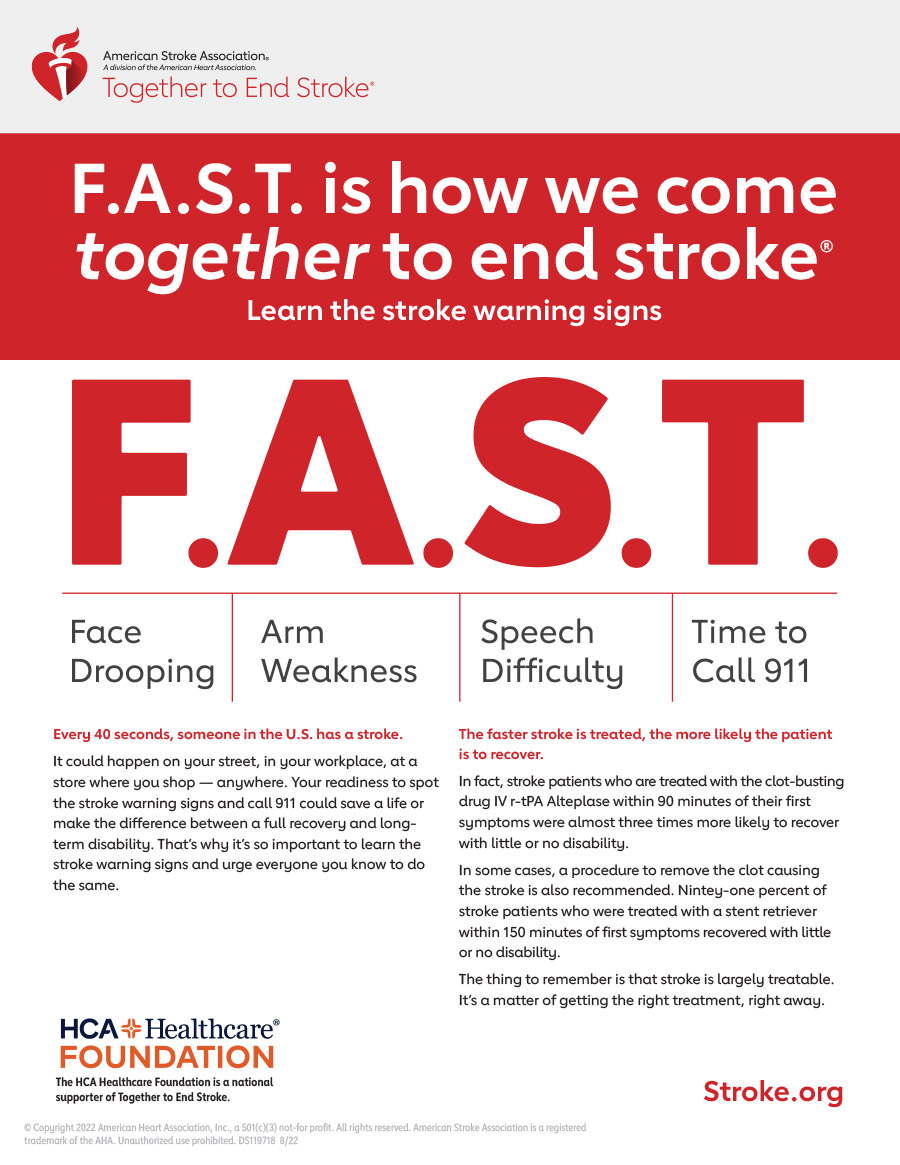
NEWSLETTER
June 2024
Welcome to the Maina Foundation Newsletter!
A Brief Overview of the Association between Cancer
and Ischemic Stroke
Guest post
by
Maya V. Pandit, MD
Hi friends
I am a neurologist in training and passionate about spreading awareness about the ways neurological conditions are associated with other medical pathologies.
Ischemic stroke is a neurological emergency that occurs when a vessel that supplies the brain is occluded by a clot or a rupture, causing part(s) of the brain to lose blood flow. This can result in transient or permanent neurological deficits, including but not limited to loss of sensation, inability to speak or comprehend, vision changes or loss of motor function.
The risk of ischemic stroke increases with several factors and has been found to be highest within 3 months after cancer diagnosis.
Nonmodifiable risk factors include family history and personal history of prior cerebrovascular events or myocardial infarction.
Modifiable risk factors include hypertension, atrial fibrillation, diet, cigarette smoking, diabetes, obesity, carotid artery disease, peripheral artery disease and hypercholesterolemia.
Cancer patients have several risk factors and pathophysiological processes that contribute to cerebrovascular events. These include acceleration of mechanisms unrelated to cancer, such as small vessel disease and atherosclerosis, as well as cancer-related impacts such as anticancer therapies, tumor effects and hypercoagulability.
Cancer is associated with a hypercoagulable state, which worsens based on type, progression and metastasis.
This prothrombotic state occurs not only through the properties of malignant cells themselves but also through the responses of non-malignant cells.
The coagulation cascade is responsible for maintaining hemostasis via blood clot formation after vascular injury. Malignancy increases release of procoagulant factors, activates platelets and endothelial cells, and stimulates neutrophils to create traps, called neutrophil extracellular traps, that increase inflammation and thrombosis. Malignant cells also release cytokines such as tumor necrosis factor- alpha and various interleukins, which inhibit factors that traditionally halt the clotting cascade, leading to a prothrombotic state. Cancer cells have been found to express tissue factor, a procoagulant protein that leads to increased and sustained generation of thrombin and fibrin clots, and also cause non-cancerous host cells to express tissue factor, further increasing the propensity towards clot formation and subsequent embolization to the brain.
Future research is needed to elucidate the exact mechanisms by which cancer increases stroke risk as well as potential blood markers of hypercoagulability that may predict stroke. Coupled with identification of non-modifiable and modifiable risk factors, this information could enable identification of highest risk patients for closer symptom monitoring and education on concerning symptoms to prompt early diagnosis and treatment.
Please reach out to your doctor if you have any concerns about your or a loved one’s stroke risk.

Thank you for reading.
Maya
Maya V. Pandit, MD is a Resident Physician in Neurology at NewYork Presbyterian/Columbia University Medical Center. She is deeply passionate about women’s neurology and has a particular interest in the physiological and pathophysiological changes during the pregnancy and postpartum periods that increase the risk for several neurological conditions. She is currently working on integrating neurology education with Maina Foundation’s screening and prevention efforts in existing cohorts.
Disclaimer: The contents of this article are not intended to be medical advice.
News!

Beth and Michael Sullivan at the 43rd Annual Backus Golf Tournament Lake of Isles, North Stonington
In June this year, Maina Foundation advisory board member, Beth Sullivan, sent the following note to us.
“On Monday June 10, my husband and I represented the Maina Foundation at the 43rd annual Backus Golf Tournament. Money raised from this event was to support healthcare in the local community. It was a good opportunity to meet many healthcare workers and discuss the Maina Foundation. The weather cooperated; it was a perfect day for golf. We were glad for the opportunity to participate and showcase the involvement of the Maina Foundation at Backus Hospital and the community.”
Thank you, Beth and Michael, for your support of patients with breast cancer!
We thank you for your continued support!
For more information on Maina Foundation, and to help its mission, go to https://mainafoundation.org or contact us at 860-434-3985 or info@mainafoundation.org
SAVE A LIFE - DONATE NOW
Donations can also be mailed to:
8 Peppermint Ridge, Old Lyme, CT 06371, USA
